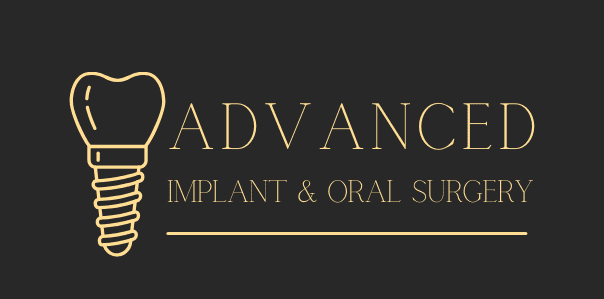What is Sleep Apnea?
Sleep apnea is a serious sleep disorder that occurs when a person’s breathing is interrupted during sleep. People with untreated sleep apnea stop breathing repeatedly during their sleep, sometimes hundreds of times. This means the brain and the rest of the body, may not get enough oxygen.
At night while sleeping, when you tense your jaw and grind your teeth, it sends a message to your brain to wake up so you can take a breath.
Teeth grinding is just one oral health sign of sleep apnea. A small jaw, tongue with scalloped edges, or redness in the throat (caused by snoring a lot, which is another symptom of sleep apnea) also signs.
Dental Signs of Sleep Apnea Include:
- Cracked, Broken or Missing Teeth
- Excessive Teeth Grinding or Jaw Clenching
- Worn Front Teeth
- Pain When Chewing
- Chronic Headaches
- Neck and Shoulder Pain
Am I at Risk for Sleep Apnea?
Sleep apnea can affect anyone at any age, even children. Risk factors for sleep apnea include:
- Being male
- Being overweight
- Being over age 40
- Having a large neck size (17 inches or greater in men and 16 inches or greater in women)
- Having large tonsils, a large tongue, or a small jaw bone
- Having a family history of sleep apnea
- Nasal obstruction due to a deviated septum, allergies, or sinus problems
